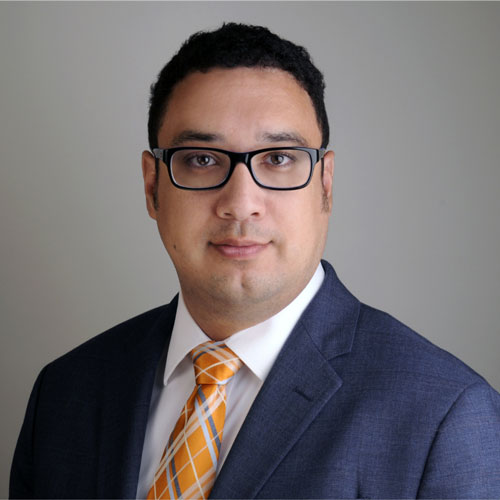Second Opinions from Criminal Lawyers – What are They?
People often come to me to get a second opinion, and they are frequently surprised when I tell them that I am not in a position to offer more than some topical information about their case. Why is this?
The expression “second opinion” seems to have its origin in the medical field. Most often when a person talks about a “second opinion” they are referring to a diagnosis from a medical doctor. Different experts can come to different conclusions on medical diagnoses and so it makes good sense that sometimes, you might doubt what you have been told and wish to either have it confirmed by another medical practitioner or be told there’s a different perspective altogether.
Law and medicine are different
One of the main differences in law, particularly in criminal law, is the idea that unlike in the medical field, a client doesn’t bring most (if not all) the relevant information with them. Think about it this way: when a patient sees a doctor, the subject the doctor needs to study is sitting right there in his office. The doctor can run tests, perform observations or request more complex tests and then consider those results. Sure, he may not have the patient history in front of him but a patient can often answer a few questions to sort this out.
When a client comes into my office, however, what they know about the case is often half, or even less, of the complete picture. People come in to my office because they have been accused of breaking the law. Sometimes they are guilty and the case revolves around me seeing if I can challenge the credibility or reliability of the accusations themselves. Sometimes they have done something that makes them look guilty, but there is an explanation or defence which exists that renders what they did innocent. Sometimes they are completely innocent but it’s a he-said-she-said type situation.
In each of these examples, in order for me to be able to assess the strengths and weaknesses of a case, I need to know exactly what the other side of the story is. Often the devil is in the details; sometimes there is a tiny detail which takes a case that looks like a slam-dunk-winner, and makes it into a loser. Conversely, sometimes a case seems hopeless for a client, until I find that little nugget of information that makes his or her defense viable.
Also, doing so almost always requires me to comment on the strategic decisions of another lawyer. And while I am not afraid to do this, I try to avoid doing so. Why? Well there are two main reasons. Firstly, as alluded to above, I won’t have the complete picture. Secondly, even if I did have the complete picture, the practice of law is complex and there can sometimes be more than one reasonable or viable strategy to approaching a case in the client’s best interests. Debating which is better would be a subjective and hypothetical exercise.

At the end of the day, I practice the golden rule. I like to do to my colleagues what I’d like my colleagues to do to me. If one of my clients was puzzled, or even downright unhappy with how I was approaching a case, I’d like for them to discuss this with me. If I can explain to a client why something I am doing is the right decision (even when it might not seem that way to him or her) then normally the issue is solved.
So if you come to me seeking a second opinion when you already have a lawyer, I want you to go back to your lawyer and try to work things out. Changing lawyers is never an “open sesame” to the desired result, and a new lawyer may end up getting the same result as the old lawyer was getting, only after additional time, energy and money has been expended.
All this said; second opinions aside; if you have any criminal law needs, I would be glad to give you a free consultation to discuss your options. You can call my office 24 hours a day to schedule one.
David Anber
David Anber has been a trailblazing legal practitioner since 2006. His early entry into law practice during his studies marked the beginning of a distinguished career. As a member of both Ontario and Quebec’s bar associations, David excels in defending traffic and criminal cases across both provinces. David contributes to legal discourse through articles for the Defence Counsel Association of Ottawa and the Criminal Lawyer’s Association of Ontario.
